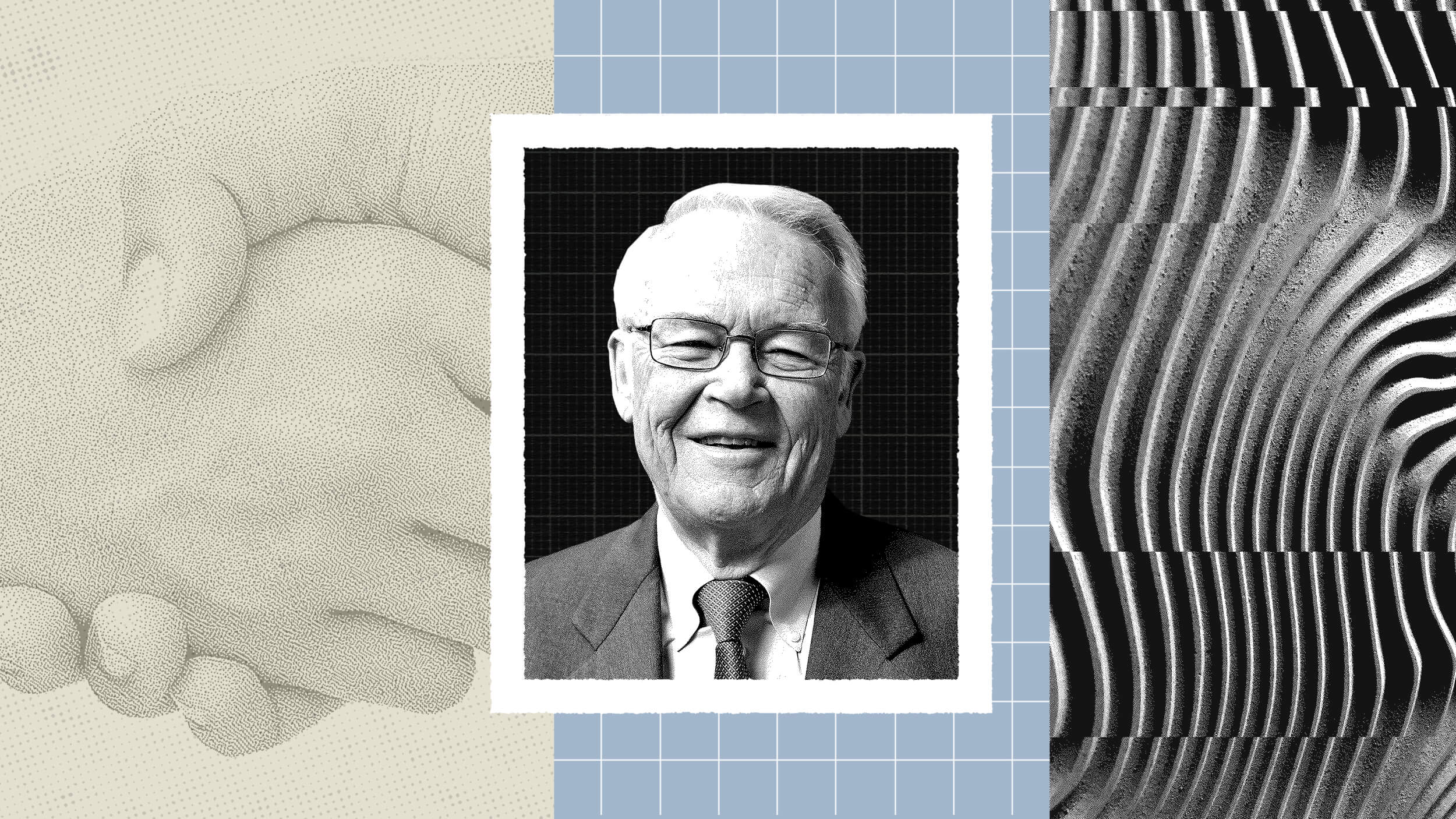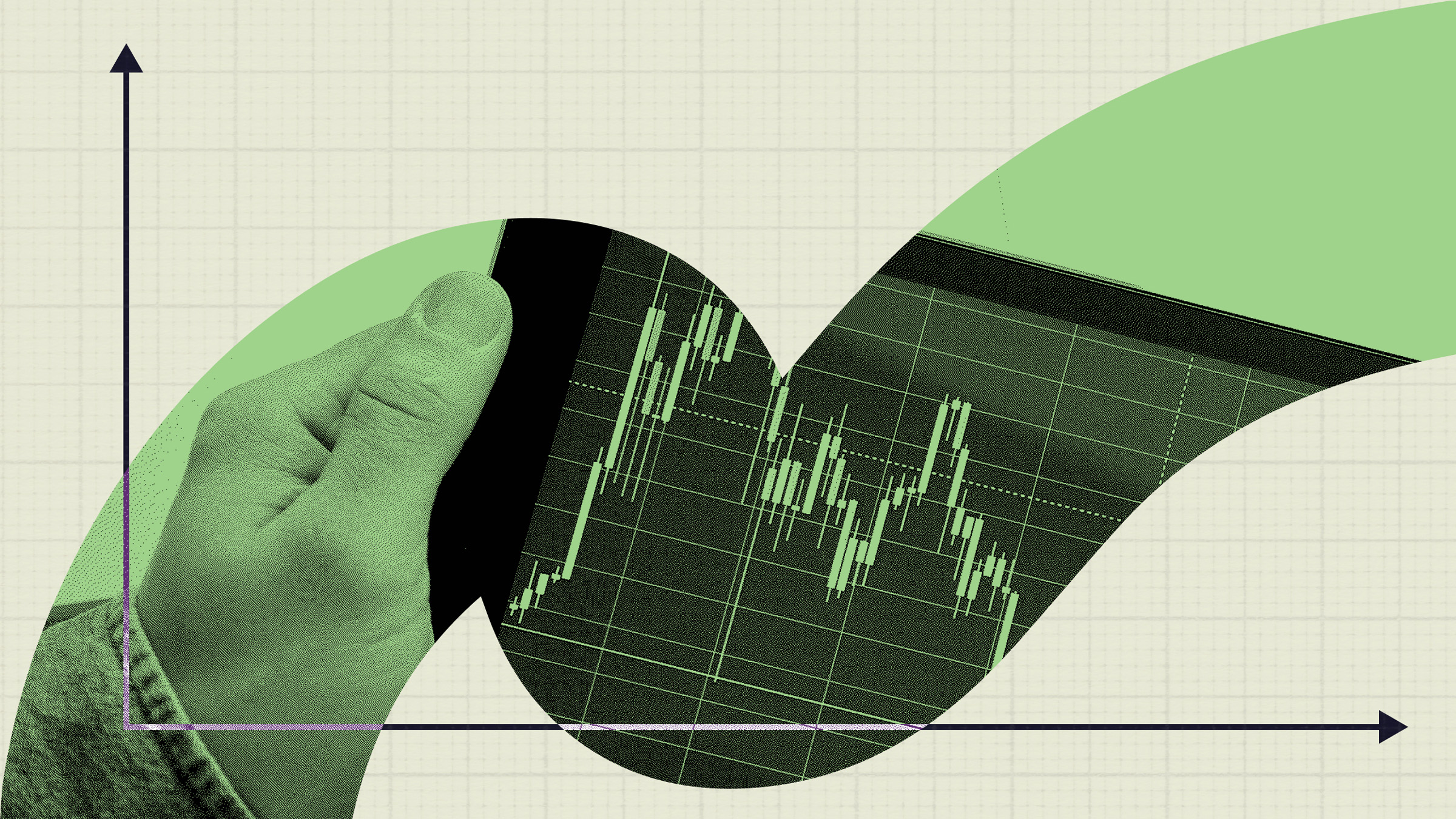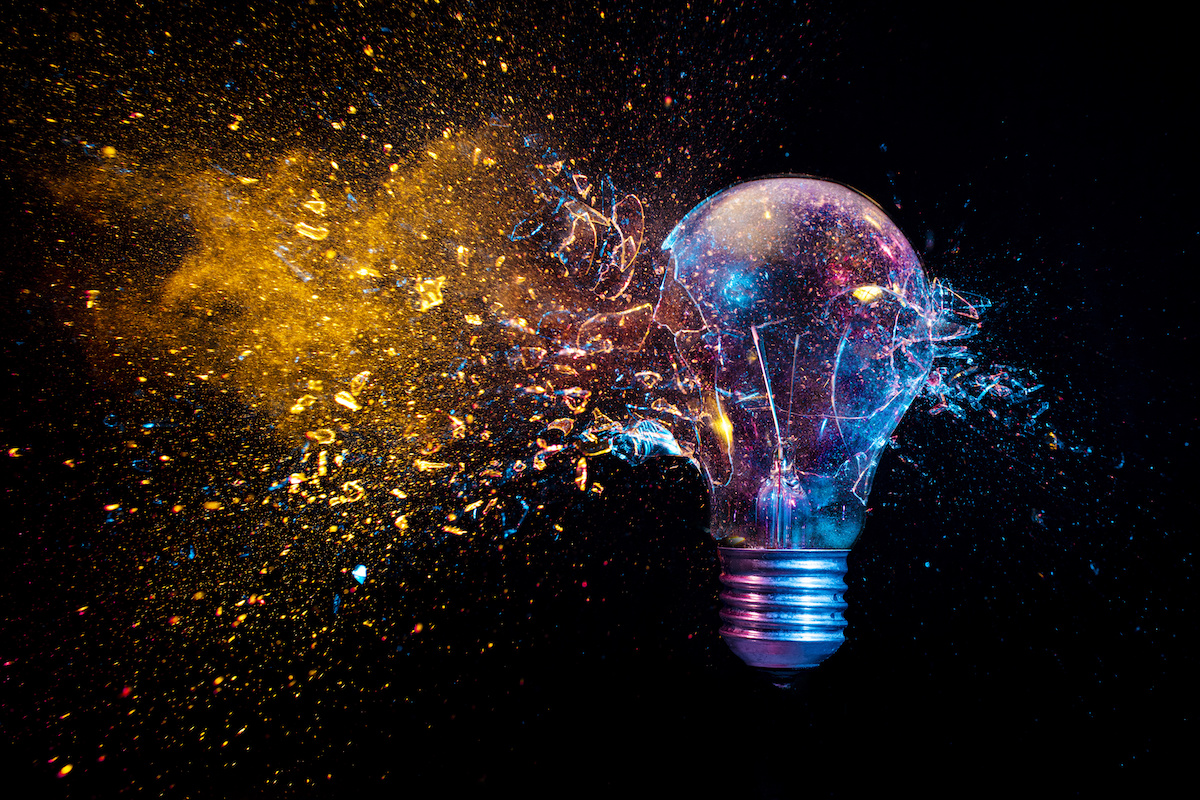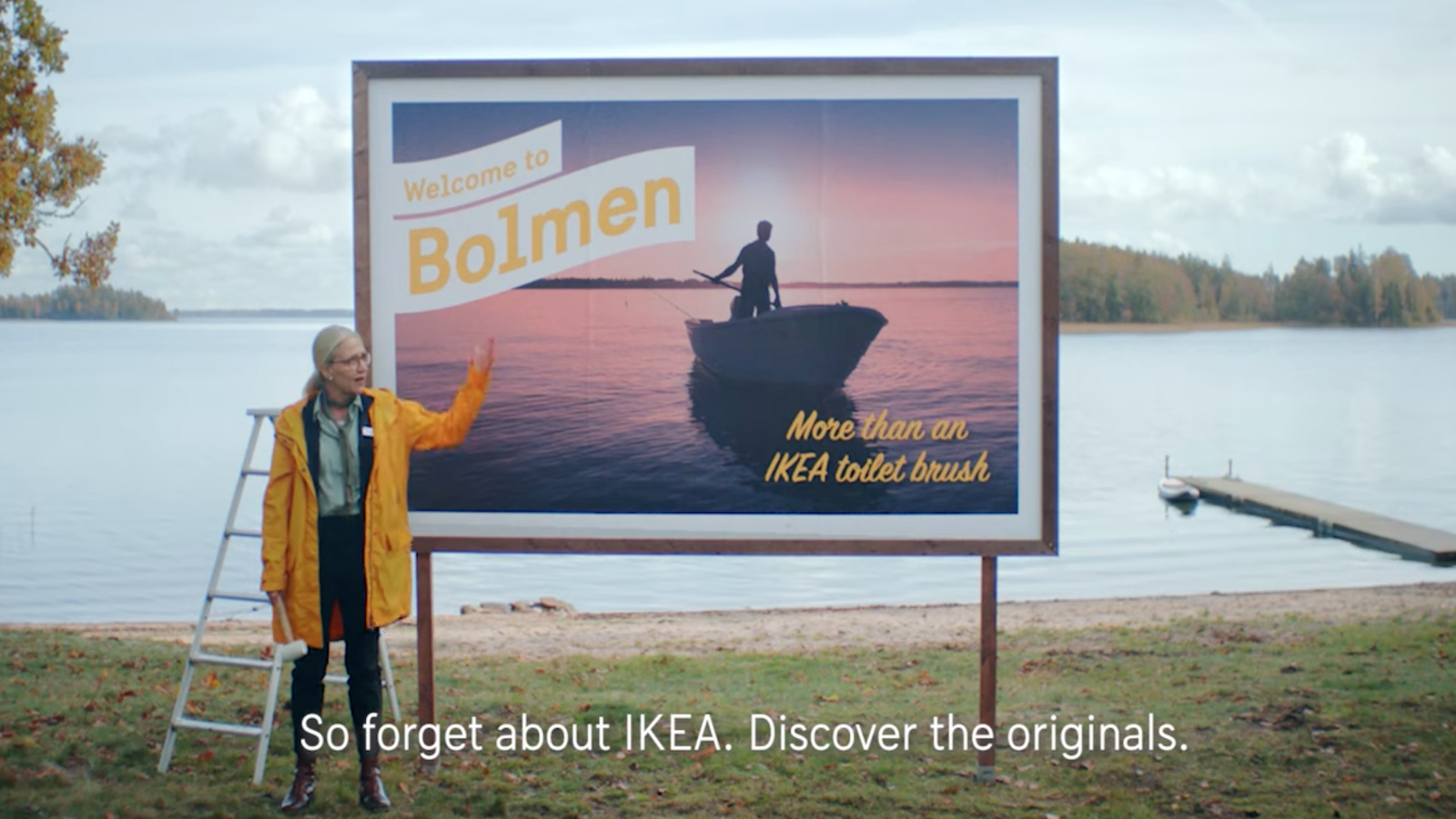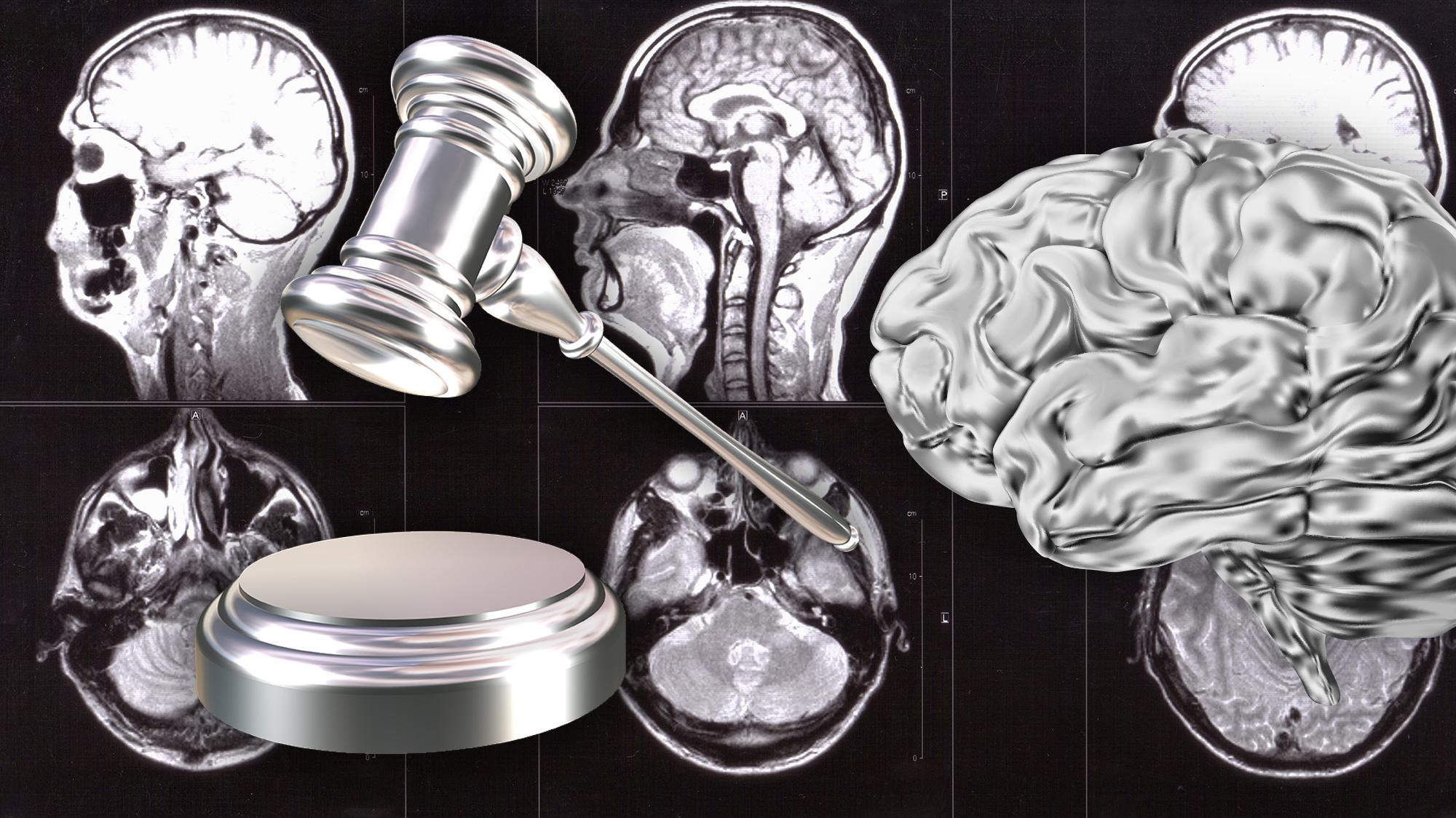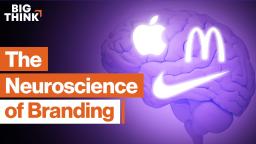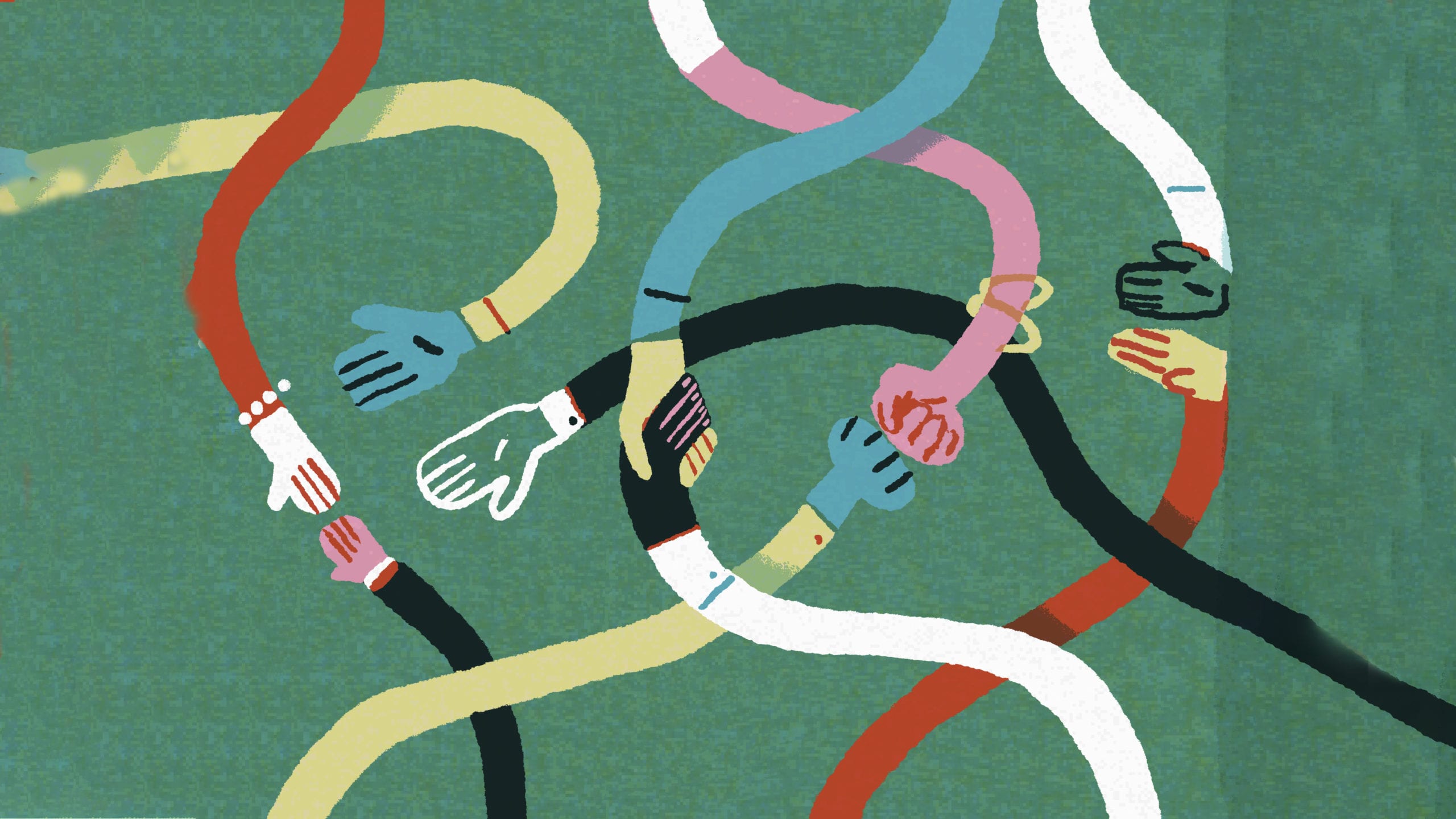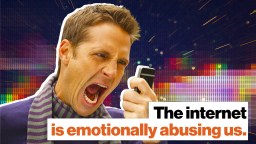marketing
The marketing guru outlines the current state of brand-building — and highlights four outstanding opportunities for the immediate future.
Gary Vaynerchuk, CEO of VaynerMedia, explains how to find branding success by making “boulders” out of “pebbles.”
In new business use cases where AI is the default, the potential results are phenomenal — but humans should play a key strategic role.
Aragon AI CEO Wesley Tian tells Big Think Business how he took his company from initial conception, through acceleration, to the scaling phase.
A team of scientists has warned that marketers seek to advertise in our dreams. Will our sleep be commercialized against our wishes?
The rewards price to get a free cup of hot coffee at Starbucks is going up.
It’s all about salesmanship.
New ideas inevitably face opposition. A new book called “The Human Element” argues that overcoming opposition requires understanding the concepts of “Fuel” and “Friction.”
Many of the furniture giant’s products are named after Swedish locations. Not everyone is happy about that.
The Chegg cheating scandal reveals a critical need to rethink the student experience in post-COVID education.
For nearly two centuries, courts have relied on the subjective “reasonable person standard” to solve legal disputes. Now, science can help.
A new episode of “Your Brain on Money” illuminates the strange world of consumer behavior and explores how brands can wreak havoc on our ability to make rational decisions.
Powerful branding can not only change how you feel about a company, it can actually change how your brain is wired.
▸
6 min
—
with
Do you sound friendly? Hostile? And which voice would be more likely to buy something?
POD Studio helps you design a professional and stunning website in just a few clicks.
You’ll never have to pay for an image again.
Businesses have learned how to mend the weak spots in free trial marketing.
Launch your own copywriting career with these courses.
The BYP Network is shining light on overlooked talent in certain industries.
A recent study challenges the conventional thinking that says only young people can dream up successful new businesses.
Veterinarians are concerned. Consumers appear not to be.
It doesn’t hurt to be quick, responsive, friendly, efficient, or reliable. But for A. G. Lafley, former CEO of Procter & Gamble, the most important ingredient to making your customers […]
Every day, humanity generates 2.5 quintillion bytes of data. Every minute, users are sharing nearly 500,000 tweets, watching more than 4 million YouTube videos, and conducting more than 3.6 million […]
Algorithms and propagandists exploit the human instinct to connect to play us.
▸
5 min
—
with
Ten of the most sandbagging, red-herring, and effective logical fallacies.
More and more research points to a serious mistake we made in how biomechanics works.
In Life After Google, George Gilder writes that we’re paying a heavy cost for “free.”
Inconceivable wealth. And a few lessons in how not to get rich, too.
